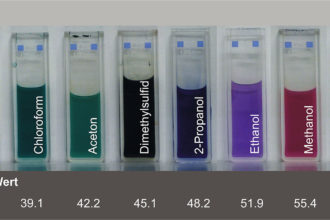What Is An Estate of Deceased Individual Entity Type?

When someone dies and leaves behind assets, a designated executor or administrator is responsible for handling the money and property. These assets that are left behind are referred to as an estate, which passes on to heirs or beneficiaries. If you are the executor of an estate, you will need to collect assets, pay creditors, and distribute assets to beneficiaries. You will also need to pay taxes on behalf of the estate.

The Estate Tax
The first type of tax you’ll need to pay as the administrator of an estate is the estate tax. This is owed upon the transfer of assets from the estate to the heirs. You must pay this tax using Form 706.
The Income Tax
Sometimes a person will leave behind assets that accrue income. These assets may include savings accounts, mutual funds, stocks, bonds, or rental property. If the estate generates $600 or more in annual income, you’ll need to file Form 1041 to cover income taxes. You may also need to pay estimated quarterly income tax.
Before you pay income taxes for an estate, you’ll need to apply online for an estate of a deceased individual tax ID number. This is because the estate is a separate legal entity than the decedent. A tax ID number for an estate is referred to as an employer identification number (EIN).
Getting an Estate Tax ID
If you are authorized by a probate court to be the estate’s executor, you have the authority to handle taxes for the estate. Once you confirm this responsibility in your Letters Testamentary, you can move forward with the process of getting a Wisconsin EIN number. To quickly obtain a federal tax ID for the estate, you can count on IRS-EIN-Tax-ID Filing Service. The online application process is easy and quick.
For assistance filing for an estate EIN, contact IRS-EIN-Tax-ID Filing Service.

